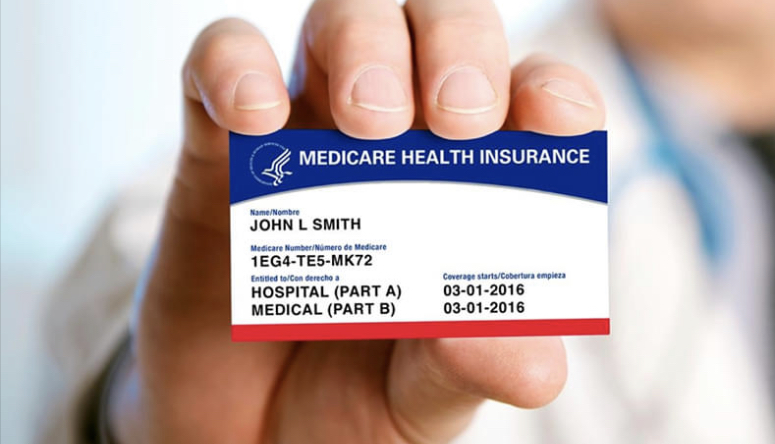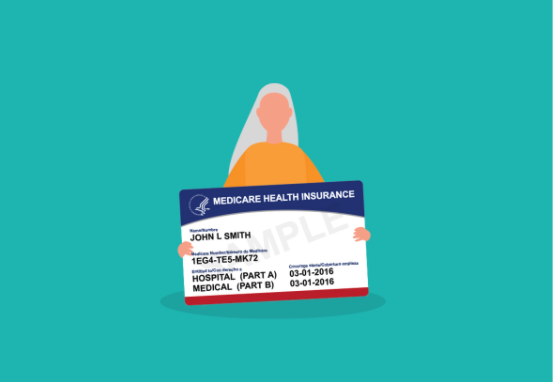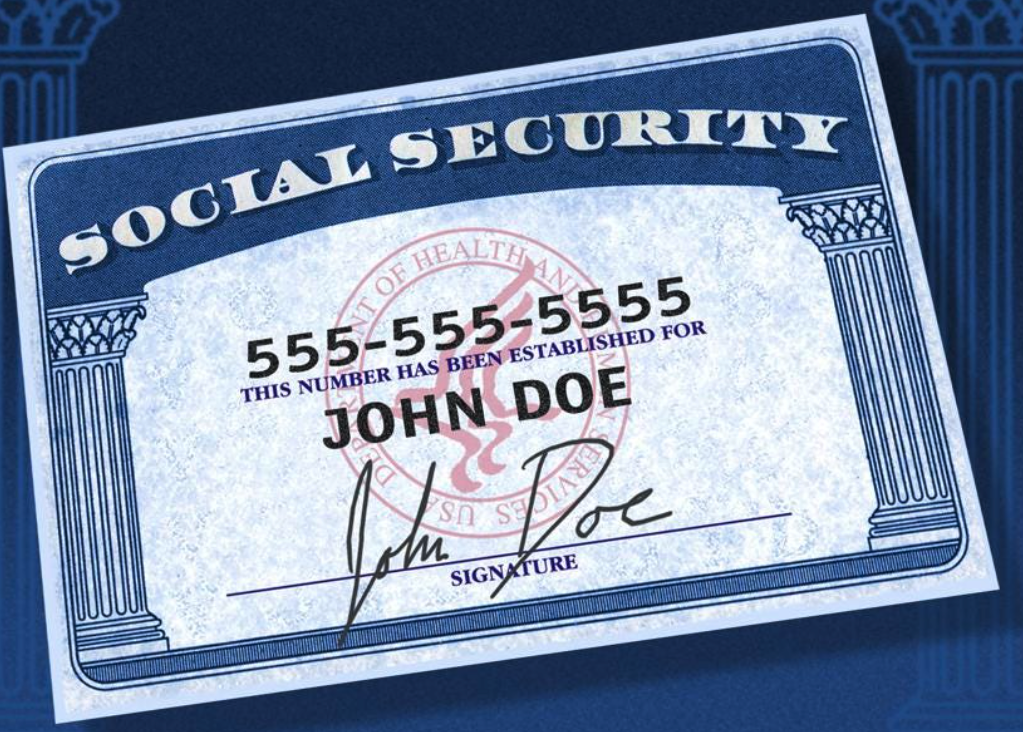
If you’re eligible for Medicaid, you may be wondering what it can do to help you. There’s a lot of information out there, leaving you wondering, what does Medicaid cover?
Medicaid is a program that partners the federal government with the states to help eligible United States citizens and residents receive health care coverage. It was created in 1965 along with Medicare. As of November 2020, Medicaid has over 72 million people enrolled, with an additional 6.7 million enrolled in Children’s Health Insurance Programs (CHIP). The goal of the program is to ensure that those who have limited financial resources, or those with certain circumstances, never have to go without critical or preventive health care coverage. This duty has seen Medicaid become an overwhelmingly popular program in the United States across the political spectrum.
So how exactly does Medicaid work? What does it cover and what would you owe out of pocket? As with Medicare, the program can be complicated, so instead of breaking down each part and looking at the functions, we’ll focus on an overview so you know the essentials.
How Medicaid Coverage Operates
As we mentioned earlier, Medicaid is a federal-state partnership in that the overall program is set by the federal government, specifically the Centers for Medicare & Medicaid Services (CMS). The federal government sets the minimums of coverage, regulations, and basic policies. Each state can take that framework and craft their programs based on that. This allows each state to set eligibility requirements, coverage (more on that later), and out-of-pocket costs.
While Medicaid does have some out-of-pocket costs, these are generally limited and controlled to not be a deterrent to health care. States are allowed to have co-payments, coinsurances, deductibles, and other charges on Medicaid-covered benefits, though the amounts vary based on your income. They aren’t allowed to have costs for services related to emergency care, family planning, pregnancy, or preventive care. Costs can vary from state to state and year to year, so it’s worth checking to see what your state currently has set. That said, most states set their cost-sharing with affordability in mind, and many states have little-to-no cost-sharing at all.
What Services are Covered?
As we mentioned, states can influence what is covered by Medicaid, though not fully. Medicaid benefits are generally broken into two groups. First, there is the selection of mandatory benefits that each state must cover as part of their Medicaid program. These are often essential services, many of which are also covered by Medicare. The other group are the optional benefits, which are sort of like a suggestion.
We should note that while states can pick can choose amongst the optional benefits of what to cover and what not to cover, many states have chosen to cover many of them. This has made Medicaid the largest payer of mental health, long-term care, and birth services in the United States. In fact, Medicaid pays for 46 percent of all U.S. births. Check out your state’s Medicaid program to learn more about what’s covered for you.
Can Medicaid Work with Medicare?
Yes! Essentially, seniors who have what’s called dual eligibility can enroll in both Medicare and Medicaid. In this instance, Medicare acts as your primary coverage with Medicaid acting as a payer of last resort. This means that Medicaid covers things that Medicare doesn’t cover or only partially covers. It can even cover cost-sharing measures like premiums and copays. There are also dual-eligible benefit programs like Medicare Savings Programs and Extra Help that utilize support from both Medicare and Medicaid. To learn more, check out our article “How Do Medicare and Medicaid Work Together?”.
For millions of Americans and permanent residents, Medicaid isn’t just a nice option to help pay their medical bills, it’s an essential safety net that means the difference between receiving quality care and going without. The coverage offered by this program is thorough and comprehensive, ensuring that the most vulnerable of us are protected and able to receive the health care they deserve.
Just like you, your health is one of a kind. What works for one person may not for another, so the information in these articles should not take the place of an expert opinion. Before making significant lifestyle or diet changes, please consult your primary care physician or nutritionist. Your doctor will know your own health best.
Check out Medicaid Programs










